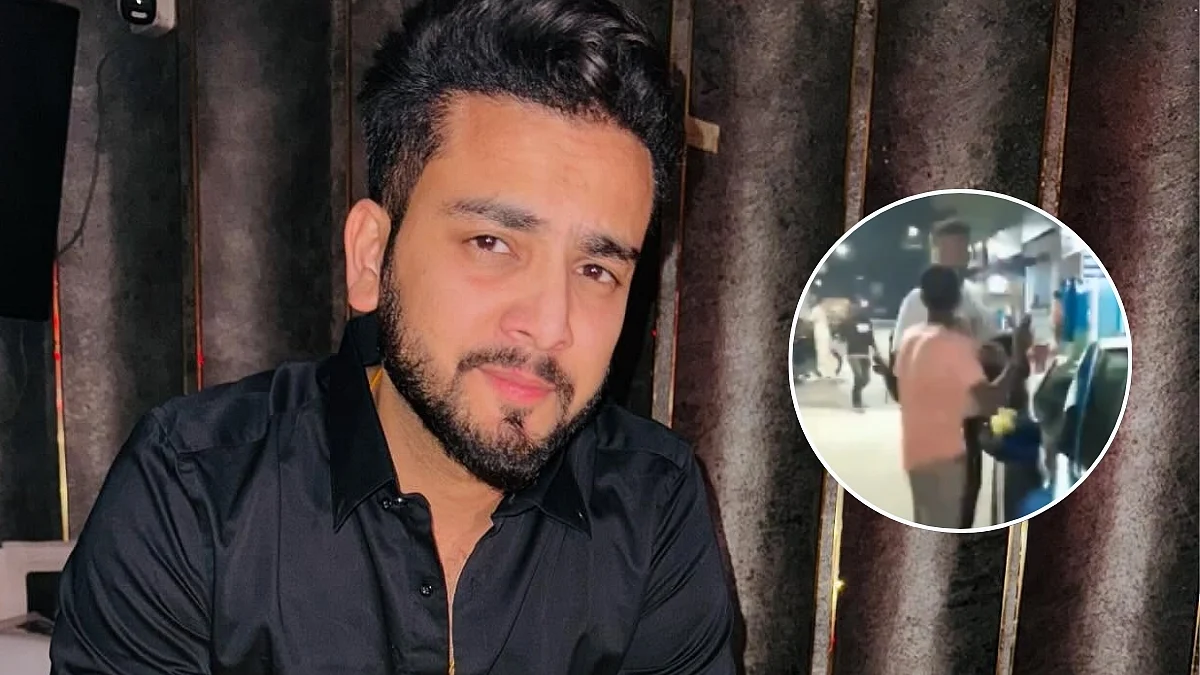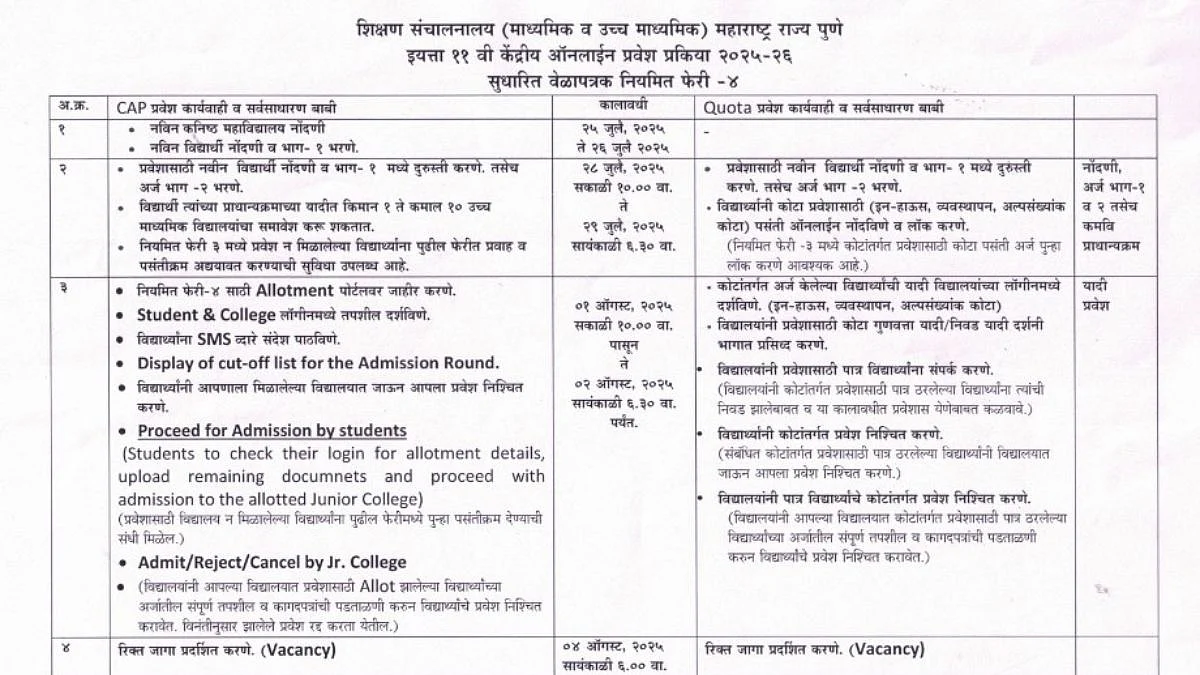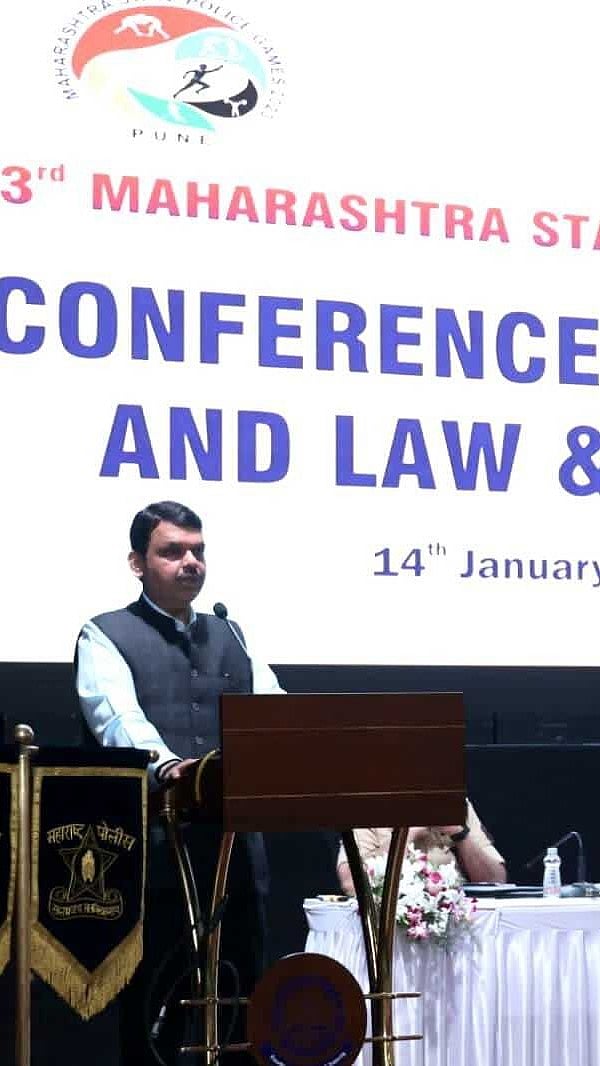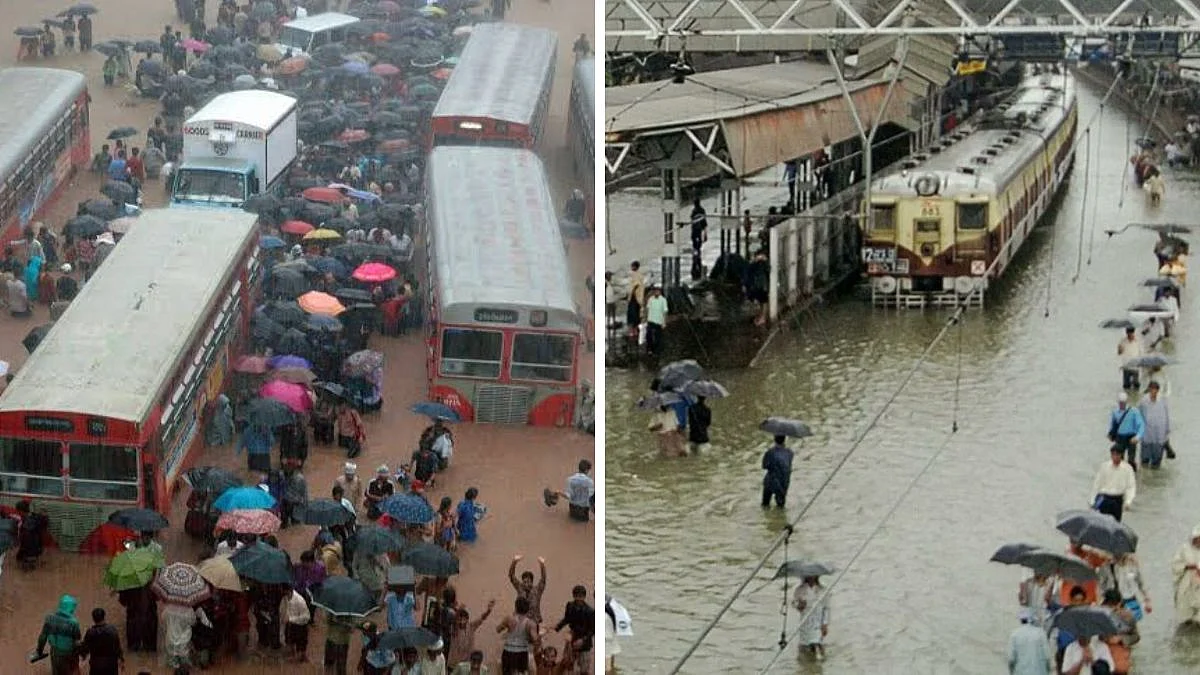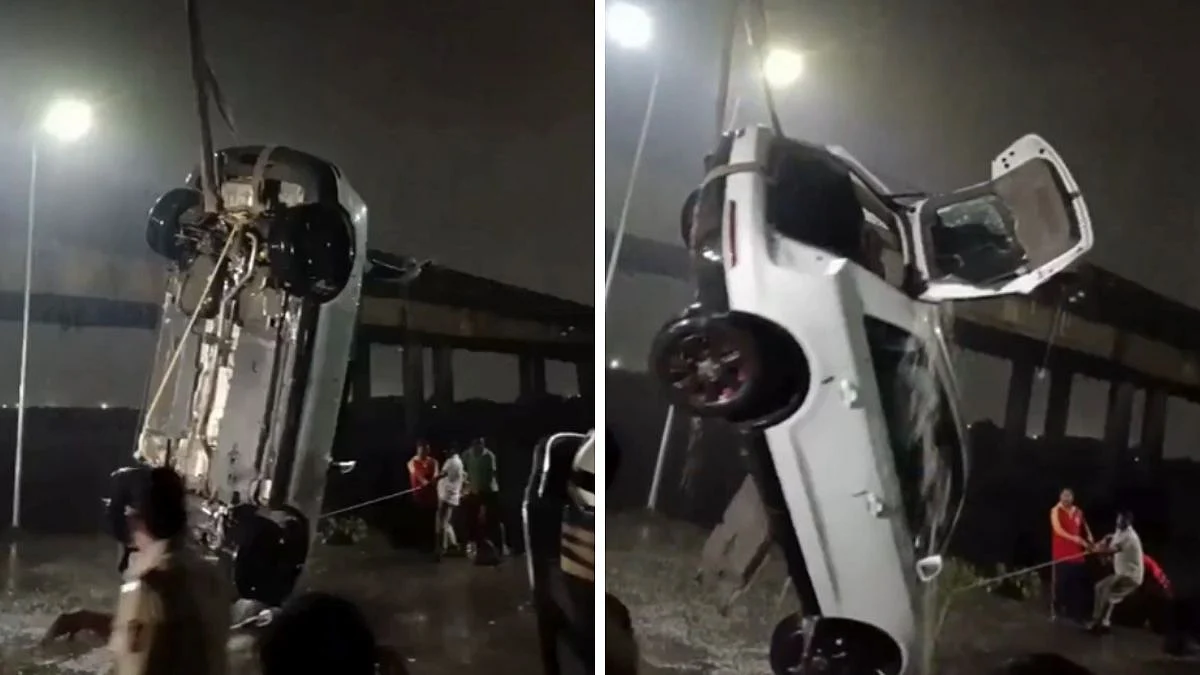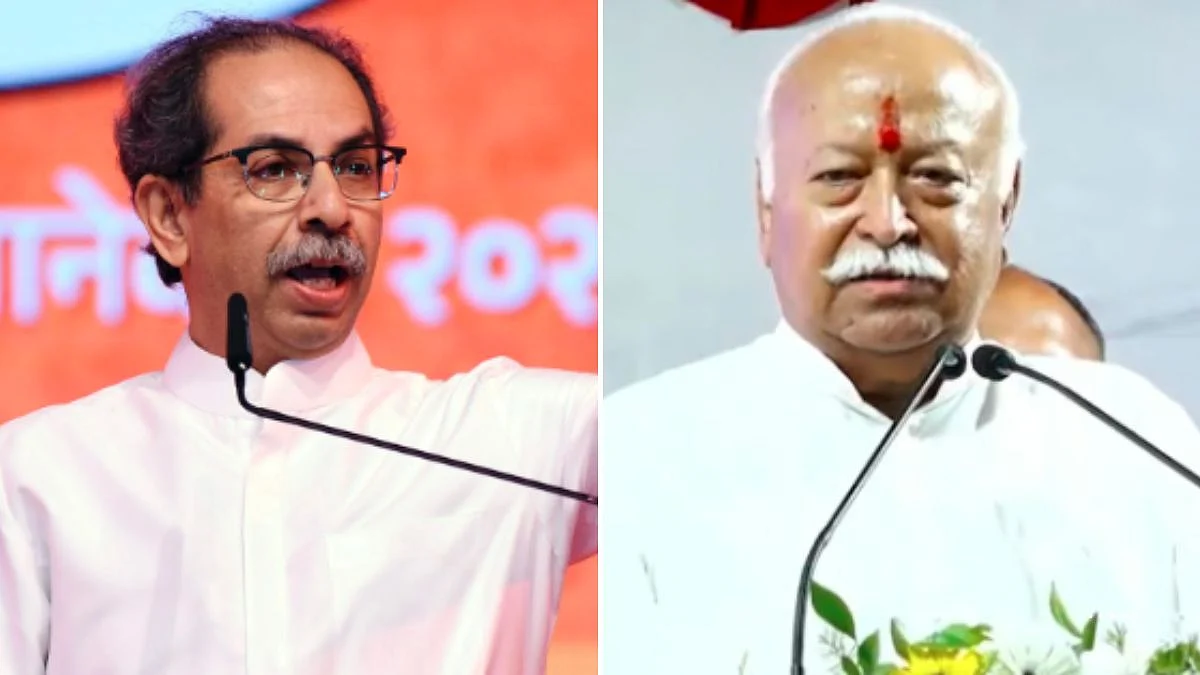Maharashtra’s flagship ‘Mahila Samman Yojana’, which offers a 50% fare subsidy for women on intercity bus travel, has made a modest impact on women’s mobility and employment but falls short compared to states offering full-fare subsidies for daily intracity travel, according to a new study.
The report "Beyond Free Rides: A Multi-State Assessment of Women's Bus Fare Subsidy Schemes in Urban India" was commissioned by the Sustainable Mobility Network in collaboration with Parisar and the Waatavaran Foundation and conducted by the economic research firm Nikore Associates. The study is based on over 2,500 surveys, along with multiple focus group discussions and key informant interviews conducted across 10 cities in five states: Delhi, Karnataka, Kerala, West Bengal, and Maharashtra. In Maharashtra, 750 respondents 600 women and 150 men were surveyed in Mumbai, Pune, and Nagpur.
Key findings of the study highlight the limited impact in Maharashtra. “In Maharashtra’s three largest cities—Mumbai, Pune, and Nagpur—42% of women surveyed reported no change in their travel behaviour after the introduction of the half-fare scheme. Only 10% reported being able to travel longer distances, compared to 32% in cities like Delhi and Bengaluru that offer free intracity bus travel,” stated the report.
“The intercity focus misses the mark when it comes to everyday needs like commuting to work, school, or accessing healthcare,” said Ranjit Gadgil, Programme Director at the Pune-based think tank Parisar. “The recent fare hikes in Mumbai and Pune and subsequent ridership drops are clear signals that affordability continues to be a barrier.”
The employment outcomes were also muted: just 5% of women across the three cities in Maharashtra reported improved job access, with Mumbai registering only a 3% gain. In contrast, cities with fare-free urban bus travel reported average employment gains of 16%, with Bengaluru leading at 23%.
Experts argue that while the Mahila Samman Yojana is a positive step, its intercity focus limits its potential to transform women’s lives at scale.
“Maharashtra’s partial subsidies are a start, but daily city-level commuting support is what will really unlock economic and social mobility for women,” said Mitali Nikore, Founder and Chief Economist at Nikore Associates. “With the right investments in urban transport fleet expansion, safer routes, and gender-sensitive services we can drive equitable outcomes.”
The study also notes that across all cities with bus fare subsidies partial or full 26% of women reported feeling safer in buses. Furthermore, more than one in four women in fare-free cities shifted to buses after fares were eliminated, signaling untapped demand.
Contrary to concerns about the financial sustainability of fare-free schemes, the report points to states like Delhi and Karnataka, where such programs have delivered strong returns through increased ridership, improved job access, and social benefits.
“Fare-free buses are not just about mobility they empower women to take control of their lives, invest in their futures, and participate more fully in the economy,” said Bhagwan Kesbhat, CEO of the Waatavaran Foundation.
To truly make mobility equitable, the report recommends that Maharashtra expand the Mahila Samman Yojana to cover intracity bus travel. It also calls for supporting reforms such as investments in fleet capacity and frequency, reliable and accessible routes, gender sensitisation for transport workers, and infrastructure for safe first- and last-mile connectivity.

